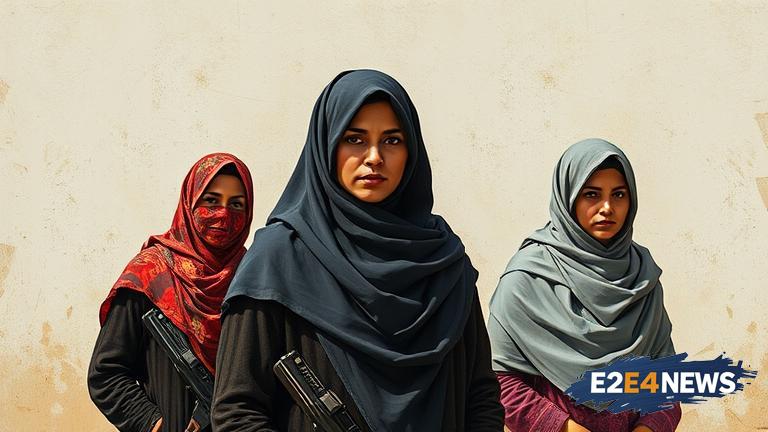The recent arrests of dozens of women in Kabul for violating the Islamic dress code have sent shockwaves throughout the international community, with many expressing concern over the Taliban regime’s increasingly restrictive policies towards women. The arrests, which took place in the capital city of Kabul, were made by the Taliban’s moral police, who have been tasked with enforcing the regime’s strict interpretation of Islamic law. The women, who were reportedly arrested for not wearing the hijab or for wearing clothing that was deemed too revealing, were taken into custody and face potential punishment, including fines and imprisonment. The incident has sparked widespread outrage, with many criticizing the Taliban’s treatment of women and calling for greater protections for their rights. The Taliban regime, which took power in Afghanistan in 2021, has been accused of rolling back many of the gains made by women in the country in recent years. Despite promises to respect women’s rights, the regime has implemented a series of restrictive policies, including banning girls from attending school and restricting women’s access to employment. The arrests in Kabul are just the latest example of the Taliban’s efforts to enforce its strict interpretation of Islamic law, which has been widely criticized by human rights groups and governments around the world. The incident has also highlighted the growing divide between the Taliban regime and the international community, which has been increasingly critical of the regime’s human rights record. Many countries, including the United States and the United Kingdom, have imposed sanctions on the Taliban regime in response to its treatment of women and other human rights abuses. The arrests have also sparked fears of a growing crackdown on women’s rights in Afghanistan, with many predicting that the situation will only continue to deteriorate in the coming months. The Taliban regime has defended its actions, claiming that it is simply enforcing Islamic law and protecting the rights of women. However, many have questioned the regime’s interpretation of Islamic law, arguing that it is overly restrictive and discriminatory towards women. The incident has also highlighted the need for greater international pressure on the Taliban regime to respect women’s rights and to end its discriminatory policies. As the situation in Afghanistan continues to deteriorate, it remains to be seen how the international community will respond to the growing crisis. The United Nations and other international organizations have called for greater protections for women’s rights in Afghanistan, and many countries have pledged to provide support to women’s rights groups in the country. Despite these efforts, however, the situation for women in Afghanistan remains dire, and it is unclear whether the international community will be able to exert enough pressure on the Taliban regime to bring about meaningful change.
